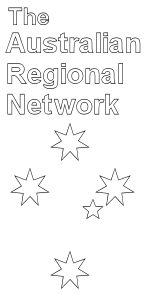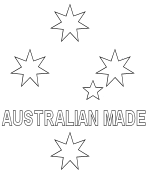Pittwater Local History
Pittwater is a beautiful suburb located in the Northern Beaches of Sydney, New South Wales, Australia. The history of this place goes back to the times of the Aboriginal people, who were the original inhabitants of the area. The Aboriginal people of the Guringai Nation lived in Pittwater for thousands of years before the arrival of the Europeans.
The name "Pittwater" is derived from the name of a person, William Pitt, who was the British Prime Minister from 1783 to 1801. It was named after him by Captain Arthur Phillip in 1788, during the time of the First Fleet's arrival in Australia. The area was originally a part of the Ku-ring-gai Chase National Park, which was reserved as a hunting ground by the Aboriginal people.
The early European settlement of Pittwater started in the 1840s, and it was primarily for timber cutting and boatbuilding. The timber was taken from the dense forests around the area, and the boats were made for fishing and oyster farming. Many small settlements were established around Pittwater, and they were mostly accessible by boats.
In the early 1900s, the government decided to develop Pittwater as a tourist destination. Many guesthouses and holiday homes were built around the area, and it became a popular spot for people to spend their holidays. The beaches, the water sports, and the other outdoor activities made it a perfect destination for families.
During World War II, Pittwater played an important role in the defense of Sydney. The Royal Australian Navy established a base at HMAS Penguin, which is located at the southern end of Pittwater. The naval base was used for the training of navy personnel, and many ships were also docked there.
The development of Pittwater as a suburb continued after the war, and it became a popular place for people to live. The scenic beauty of the area, coupled with the availability of water sports and other outdoor activities, made it an attractive proposition for people looking for a peaceful life away from the hustle and bustle of the city.
Today, Pittwater is a thriving suburb, with a population of around 6,000 people. The area retains its natural beauty, and it is home to many parks and reserves. The waterways, which were once used for fishing and oyster farming, are now used for recreation, including sailing, kayaking, and fishing.
In conclusion, Pittwater has a rich and varied history that goes back thousands of years. From the times of the Aboriginal people to the development of the area as a tourist destination and later as a suburb, Pittwater has come a long way. Today, it is a beautiful and peaceful place to live, with a strong sense of community and a deep connection to its history.
Is the above information accurate? Please help us. We welcome Local Historical Groups in Pittwater to post your historical photos and list your organisation in Pittwater Community Directory Historical Societies For Local Community Groups, Clubs, No Profit Community Associations, Basic Directory Listings here are Free, and that includes posting your promotional videos and content onto PITTWATER.NSW.GUIDE So what is the catch? None at all. Upgrading your account to "Community Leader" that then sends our visitors to your organisation and switches on heaps of promotional features is just $2 per month and you can list in multiple towns and cities and if that is still just too much to pay to support us and what our family has built here for you let us know we will make it FREE. How? Simply click LOGIN
';



